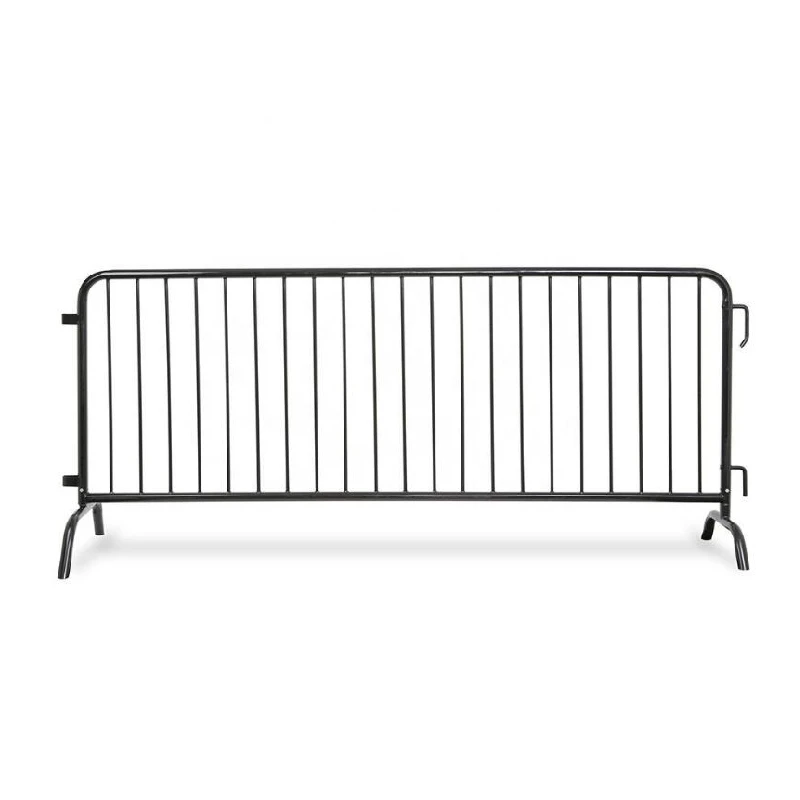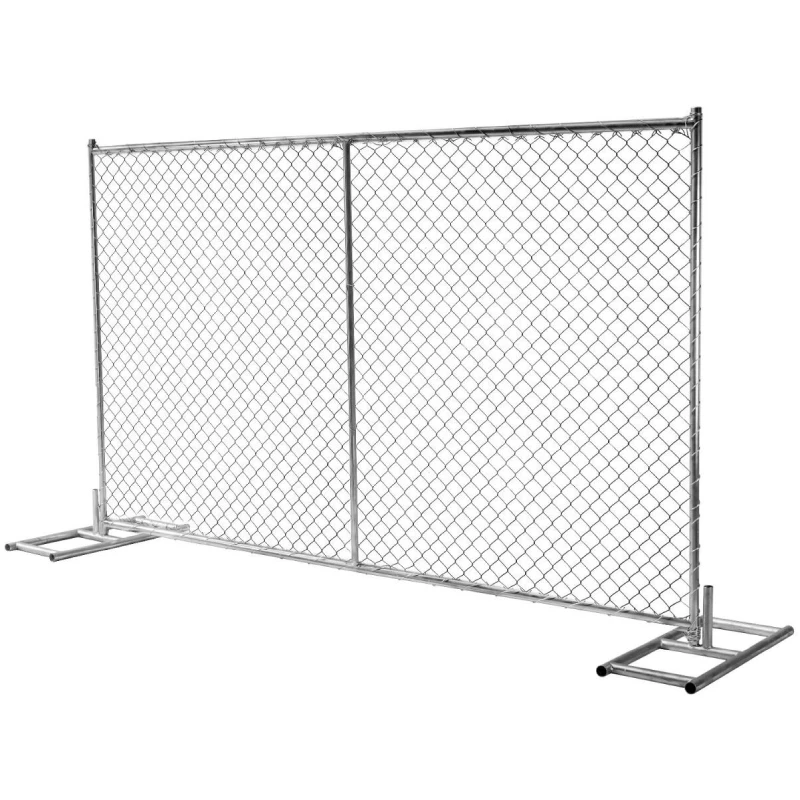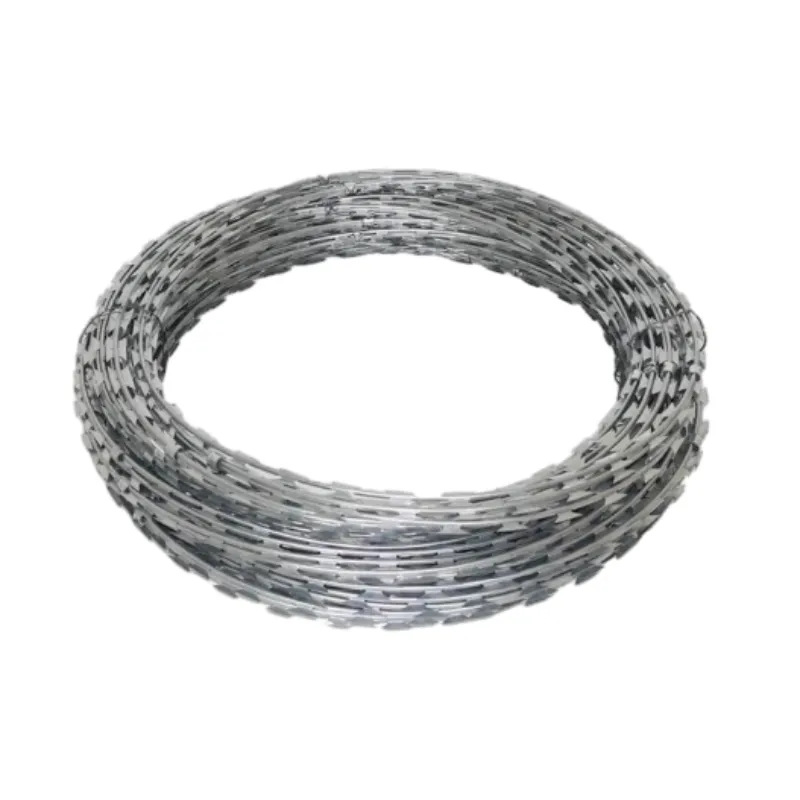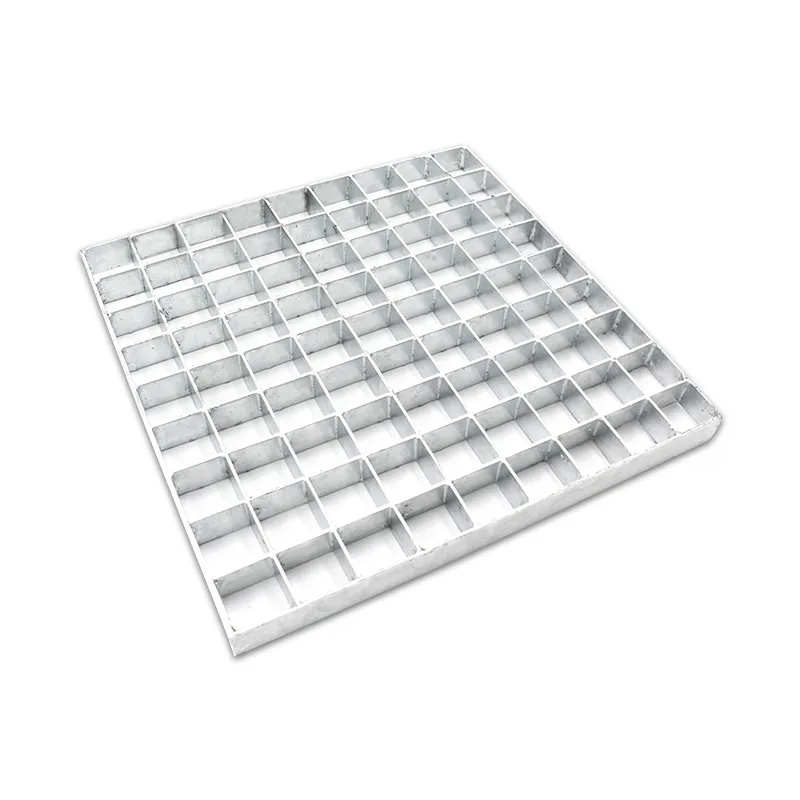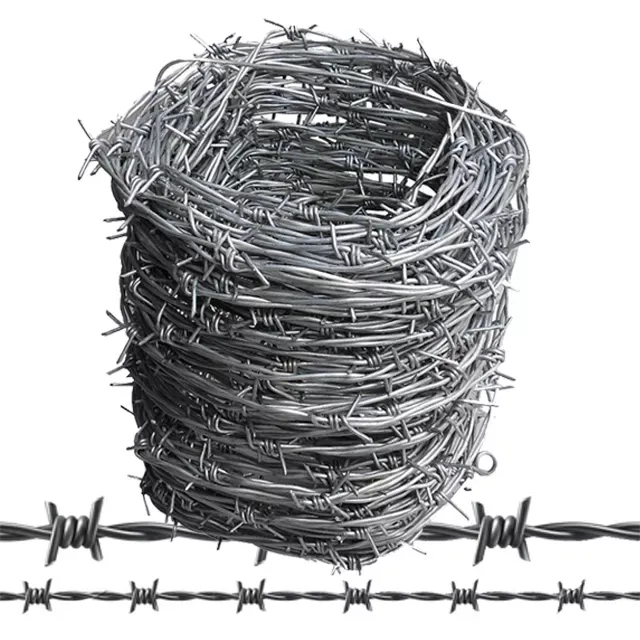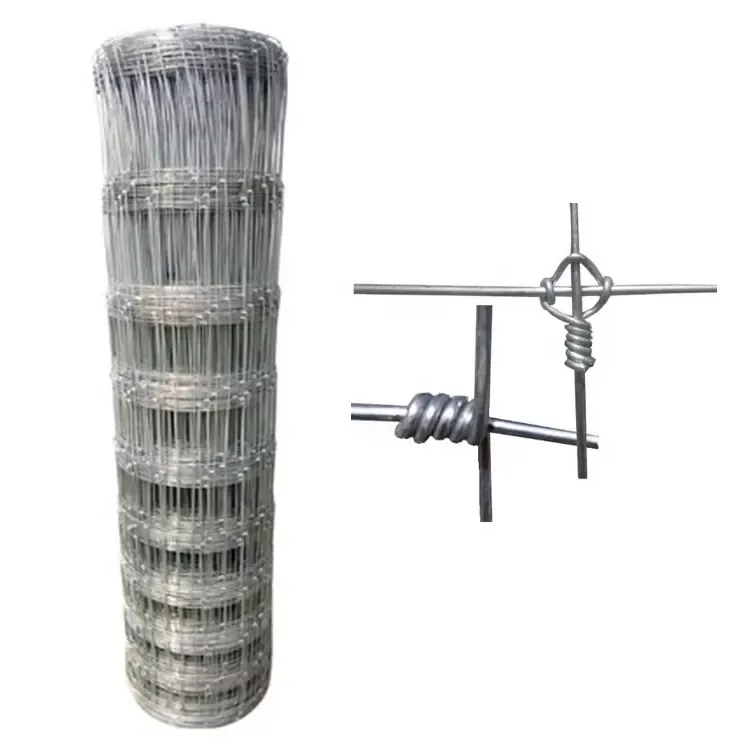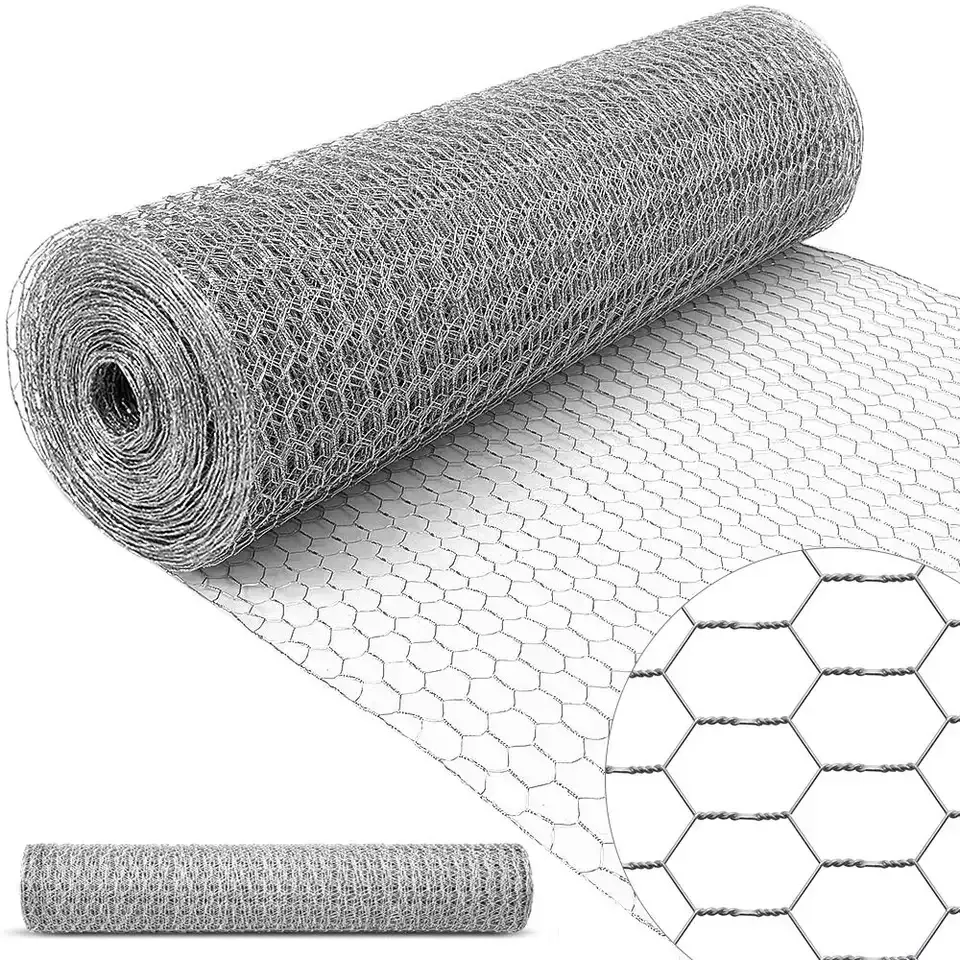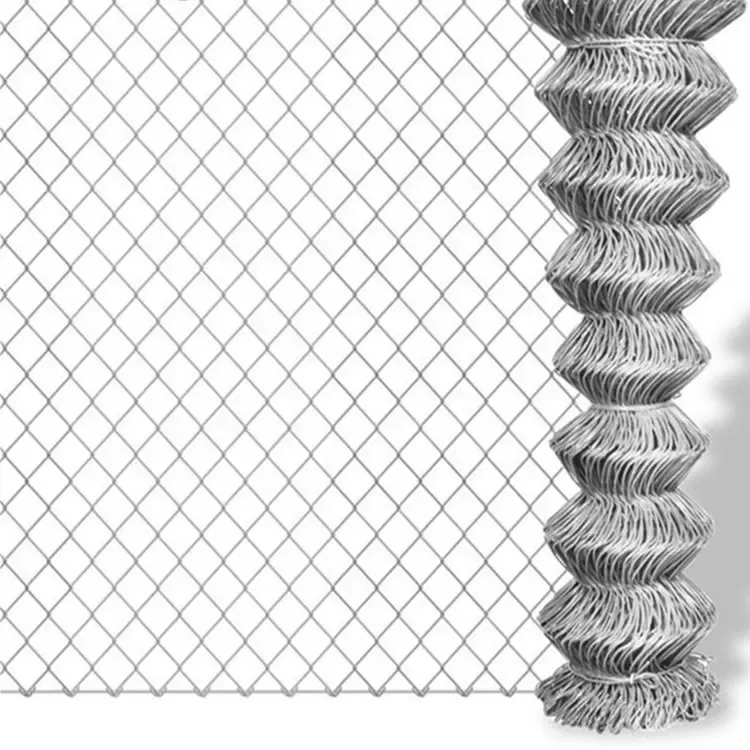
- Afrikaans
- Albanian
- Arabic
- Armenian
- Azerbaijani
- Basque
- Belarusian
- Bengali
- Bosnian
- Bulgarian
- Croatian
- Czech
- Danish
- Dutch
- English
- Esperanto
- Estonian
- Finnish
- French
- Galician
- Georgian
- German
- Greek
- hawaiian
- Hindi
- Hungarian
- Indonesian
- irish
- Italian
- Lao
- Latvian
- Lithuanian
- Luxembourgish
- Macedonian
- Maltese
- Myanmar
- Norwegian
- Polish
- Portuguese
- Romanian
- Russian
- Serbian
- Slovak
- Somali
- Spanish
- Swedish
- Thai
- Turkish
- Turkmen
- Vietnamese
dec . 12, 2024 23:07 Back to list
different types of field fence
Different Types of Field Fence Enhancing Security and Aesthetics
Fencing is an essential aspect of property management, especially for those who own agricultural land, livestock, or simply want to delineate their property. The variety of field fences available today caters to different needs, preferences, and budget considerations. In this article, we will explore several types of field fencing, their purposes, benefits, and some considerations to keep in mind when choosing the right fence for your needs.
1. Wire Fencing
Wire fencing is one of the most commonly used types of field fences. This fencing option is economical, durable, and versatile, available in several forms including barbed wire, woven wire, and high-tensile wire.
- Barbed Wire This traditional fencing method consists of wire strands with sharp barbs spaced evenly along the length. Barbed wire is excellent for deterring large animals and can be effective for containing livestock like cattle. However, it may not be suitable for smaller animals due to the risk of injury.
- Woven Wire Woven wire fences consist of vertical and horizontal wires woven together, creating a sturdy barrier. This type of fence is ideal for containing smaller animals like sheep and goats, as it prevents them from escaping while minimizing the risk of injury.
- High-Tensile Wire High-tensile wire fencing is made from stronger materials and is designed to withstand significant pressure. It is often used for larger properties and is effective in containing livestock while requiring fewer posts compared to traditional wire fencing.
2. Wooden Fencing
Wooden fencing is another popular choice, especially for those looking to add an aesthetic appeal to their property. Options include post and rail fencing, picket fences, and stock fencing.
- Post and Rail This rustic style consists of horizontal rails attached to vertical posts. It is commonly seen on farms and estates, providing a classic appearance. While attractive, post and rail fencing may not be as secure as other options and might require regular maintenance.
- Picket Fencing Picket fences are often used in residential settings. They provide a charming look while also defining property boundaries. However, they are typically not suitable for containing livestock effectively.
- Stock Fencing This type of wooden fencing incorporates thicker, sturdier wooden posts and rails designed specifically for confining livestock. It combines strength with aesthetic appeal, making it a great option for those wanting both function and style.
different types of field fence
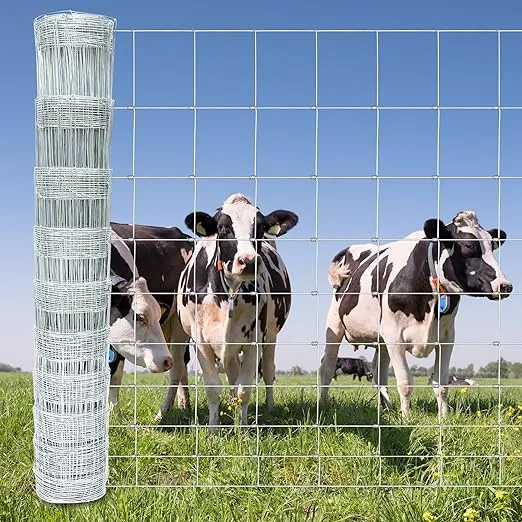
3. Vinyl Fencing
Vinyl fencing has gained popularity over the years due to its low maintenance requirements and durability. Unlike wood, vinyl does not rot, warp, or require regular painting. This fencing option is available in various styles and colors, allowing property owners to customize their fencing to match their aesthetic preferences.
While vinyl fencing offers an attractive and long-lasting solution, it may not provide the same level of security as other types, particularly against larger or more determined animals
.4. Electric Fencing
Electric fencing is a modern approach to field fencing that consists of electrified wires designed to deter animals from crossing boundaries. This type of fencing can be an effective solution for managing livestock and keeping them within designated areas.
Electric fences can be temporary or permanent, making them particularly useful for rotational grazing. They are often used in conjunction with other types of fencing to enhance security while providing flexibility.
5. Livestock Fencing
Specialized livestock fencing combines features from various types of fences to meet the unique needs of a specific animal species. For instance, chicken wire is designed for poultry, while goat fencing includes tighter spacing to accommodate smaller animals.
Choosing the right livestock fencing involves considering the specific needs of the animals, as well as the potential risks from predators.
Conclusion
In conclusion, the choice of field fencing depends on various factors, including the intended purpose, the type of animals you need to contain, aesthetic preferences, and budget. Whether you opt for traditional wire fencing, charming wooden options, modern vinyl, or high-tech electric fencing, understanding the unique characteristics and benefits of each type will help you make the best decision for your property. Proper installation and maintenance will ensure your fencing remains effective and enhances the beauty of your land for years to come.
-
Wholesale T Posts: Bulk Metal & Steel T Posts for Sale
NewsAug.28,2025
-
Comprehensive Guide to Wire Mesh Solutions: Security, Durability, and Customization
NewsAug.24,2025
-
Comprehensive Guide to Welded Fencing Solutions: Durability, Security, and Style
NewsAug.24,2025
-
Comprehensive Guide to Livestock Fence Panels: Safety and Efficiency for Your Animals
NewsAug.24,2025
-
Comprehensive Guide to Temporary Fencing Solutions: From Construction Sites to Events
NewsAug.24,2025
-
Hebei Dunqiang Hardware Mesh Co., Ltd. – Your Reliable Partner in Wire Mesh Solutions
NewsAug.24,2025


